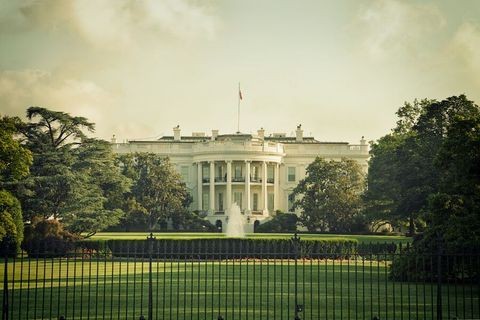"Paralyzing Uncertainty" Does Not Create Declaratory Judgment Jurisdiction
Client Alert | 2 min read | 09.04.08
In Prasco, LLC v. Medicis Pharmaceutical Corporation and Imaginative Research Associates, Inc. (No. 07-1524; August 15, 2008), the Federal Circuit further clarifies the scope of declaratory judgment jurisdiction in patent cases. The Federal Circuit explains that although the Supreme Court found that an actual controversy can exist when there is no apprehension of suit in MedImmune Inc. v. Genentech, Inc., 127 S. Ct. 764 (2007), "it did not change the bedrock rule that a case or controversy must be based on a real and immediate threat of future injury that is caused by defendants - an objective standard that cannot be met by a purely subjective or speculative fear of future harm."
Prasco filed for a declaratory judgment that its benzoyl peroxide cleansing product did not infringe four patents listed on Medicis' competing benzoyl peroxide product. Prasco claimed that although it had not yet begun marketing its product, it had devoted substantial efforts to development and marketing plans and that it suffered "paralyzing uncertainty" from fear that Medicis would sue for patent infringement.
In affirming the district court's dismissal, the Federal Circuit finds Prasco's paralyzing uncertainty argument insufficient, noting that a patentee's marking of its products with applicable patent numbers provides little, if any, evidence that the patentee will ever enforce its patents. Thus, patent marking is irrelevant to the question of an imminent threat of harm sufficient to create an actual controversy. The Court also indicates that although failure to sign a covenant not to sue is a circumstance to be considered, it is not sufficient on its own to create an actual controversy. The Court explains that some affirmative action by patentee is usually necessary to create such a controversy and that a patentee has no obligation to spend the time and money to test a competitor's product nor to make a definitive determination, at a competitor's request, that it will never bring an infringement suit. In fact, where a competitor does approach a patentee with such a request, the patentee's silence does not alone make an infringement action or other interference with the competitor's business imminent and does not confer declaratory judgment jurisdiction.
Contacts
Insights
Client Alert | 5 min read | 02.20.25
On February 18, President Trump issued an Executive Order titled “Ensuring Accountability for All Agencies”[1] that directs independent agencies (as well as Cabinet Departments and their sub-agencies) to route all “proposed and final significant regulatory” and budgetary actions through the White House and the Office of Management and Budget. If implemented to its full extent, this action will significantly strengthen the authority of the White House by weakening the political autonomy of these independent agencies. As an assertion of the President’s inherent powers under Article II of the U.S. Constitution, it also stands to weaken congressional influence over these independent agencies, both through the appropriations and confirmation processes.
Client Alert | 3 min read | 02.20.25
State Attorneys General Issue Multistate Guidance on Diversity, Equity, Inclusion, and Accessibility
Client Alert | 2 min read | 02.19.25
District Court Grants Temporary Reprieve to USAID Implementing Partners
Client Alert | 7 min read | 02.19.25
Trump Administration Seeks Input from Public on National Artificial Intelligence Action Plan



